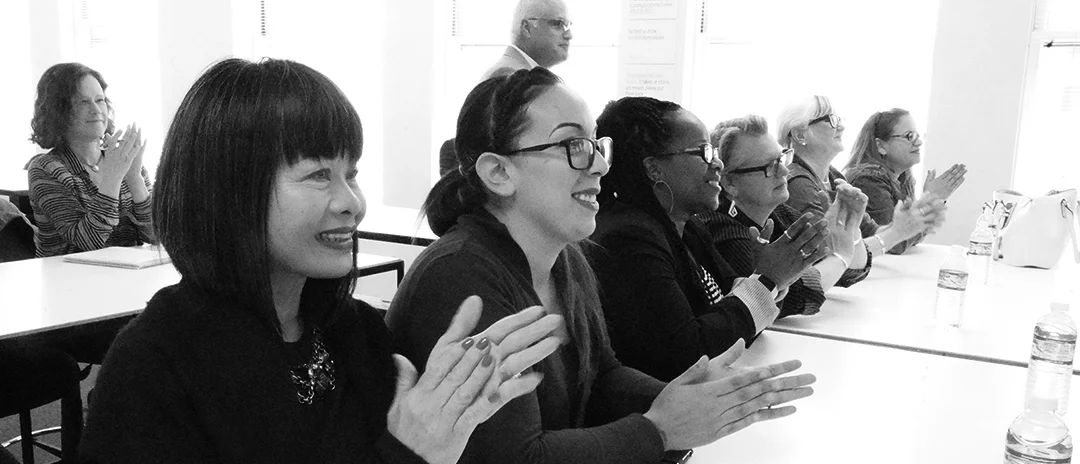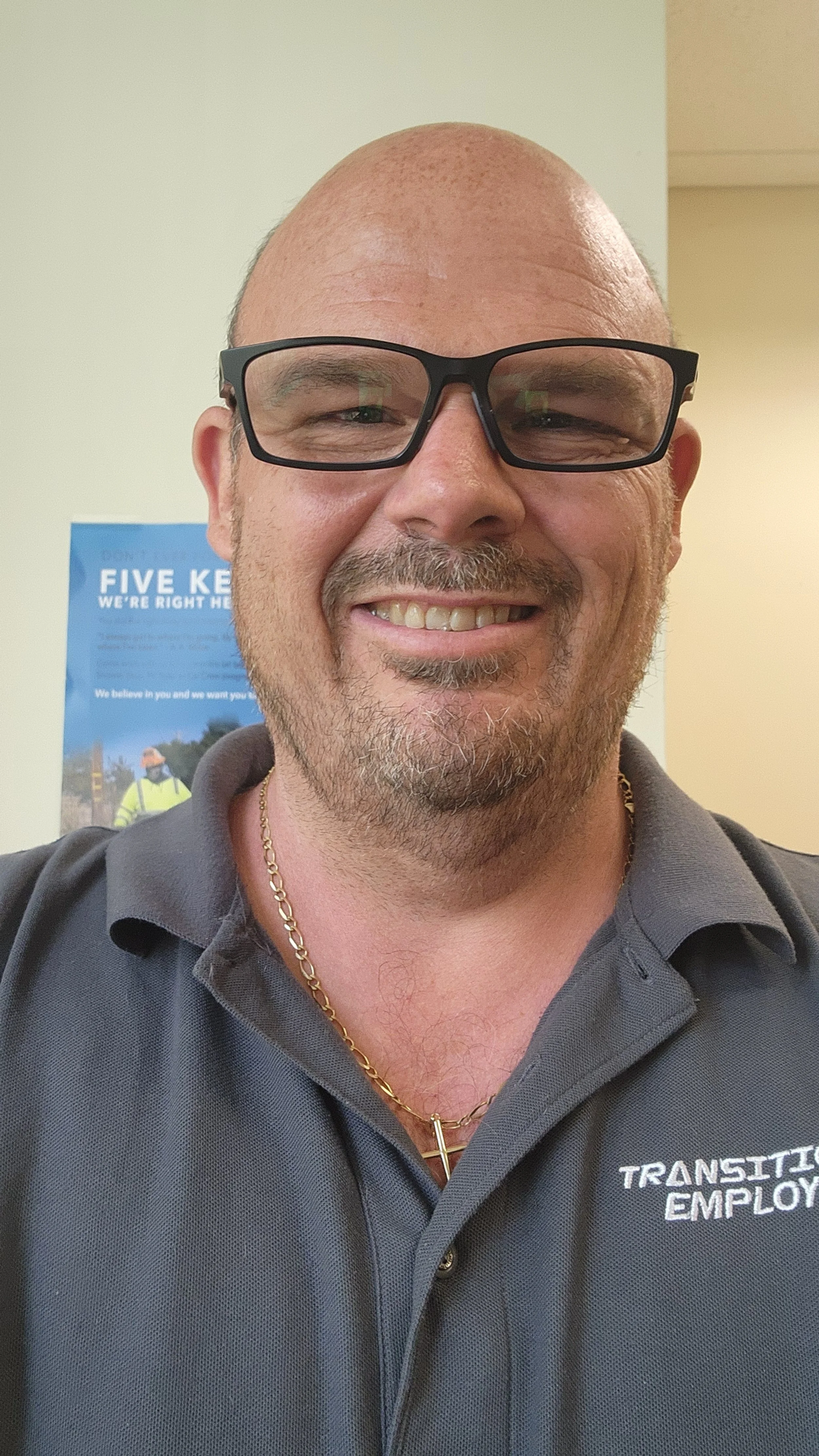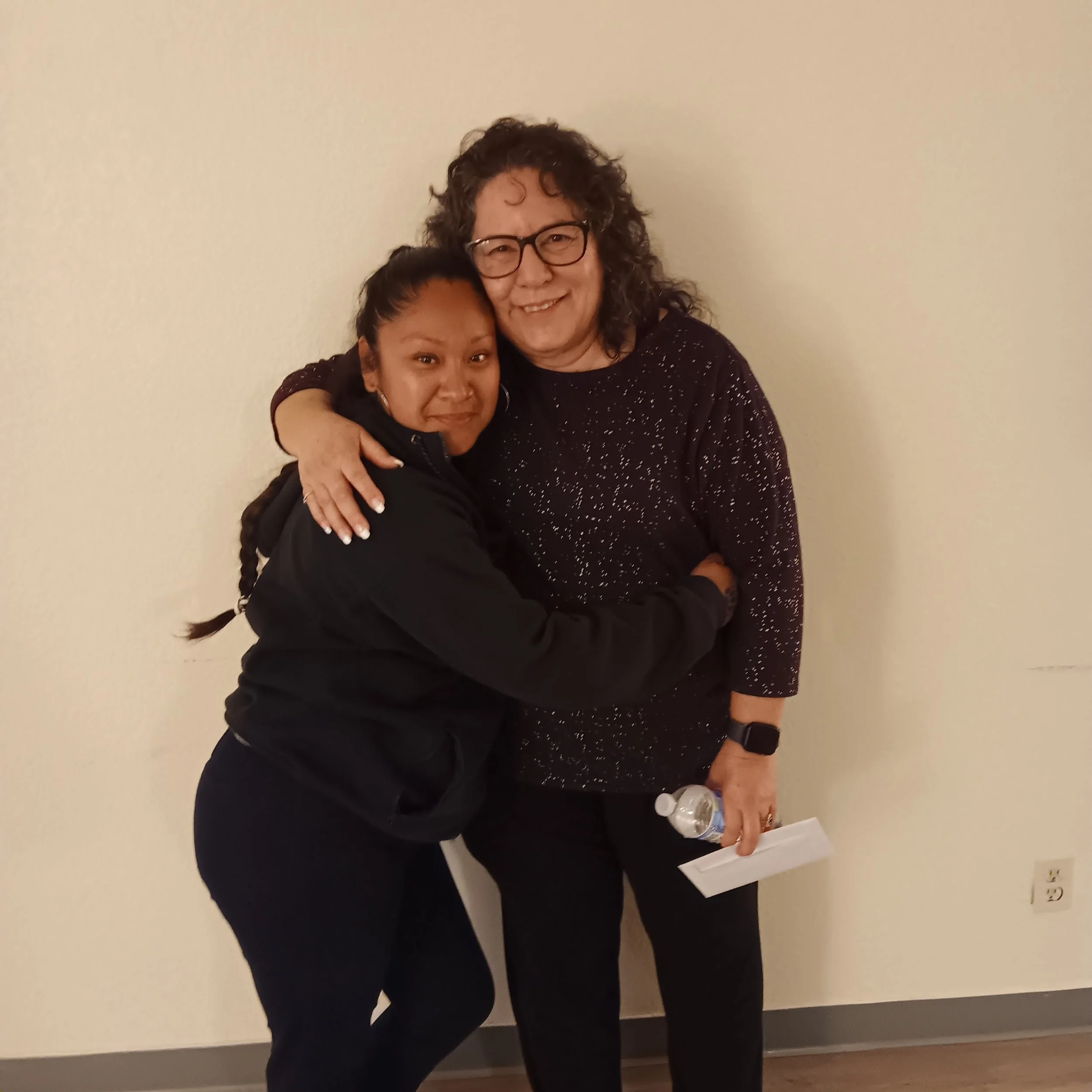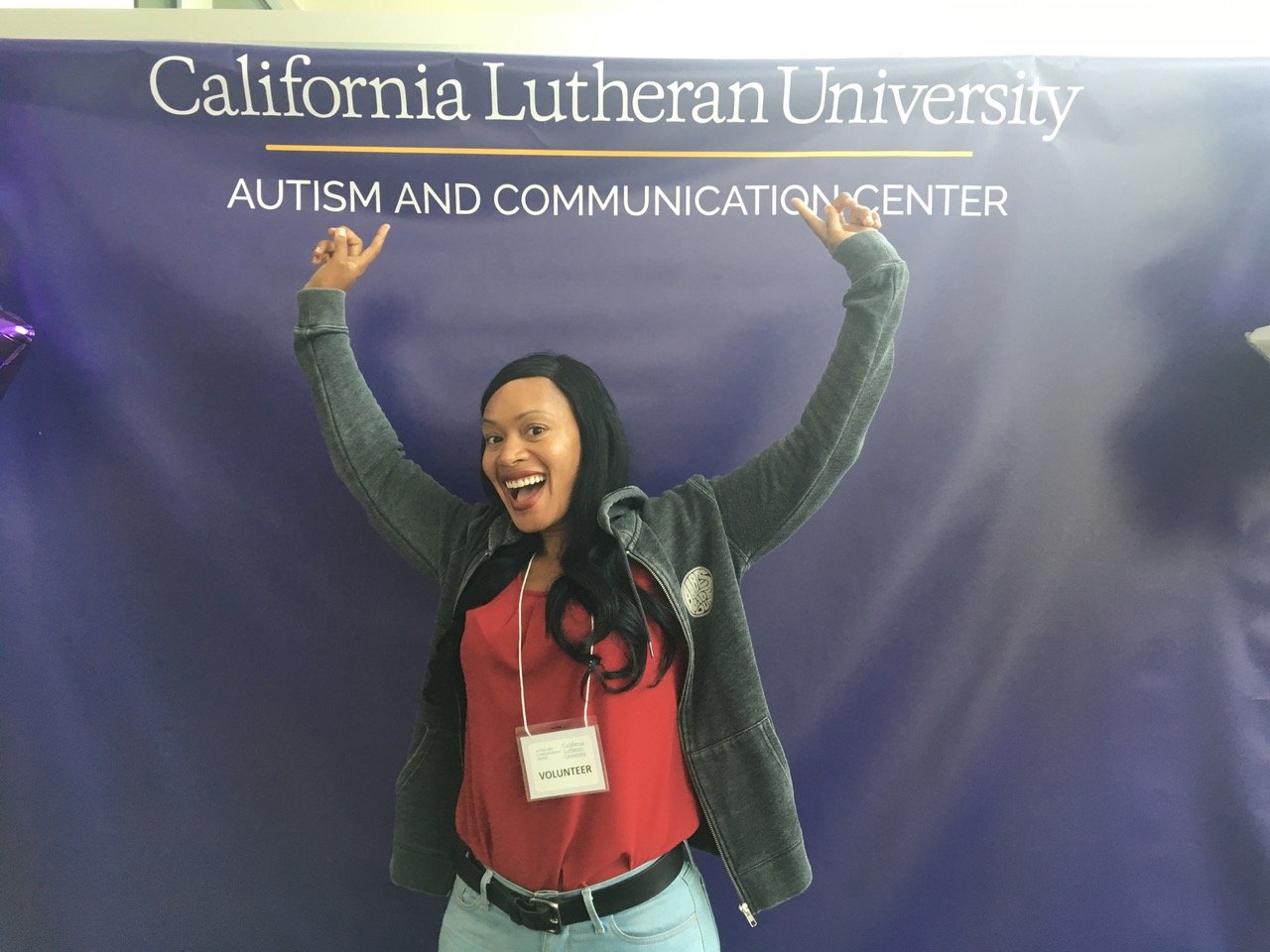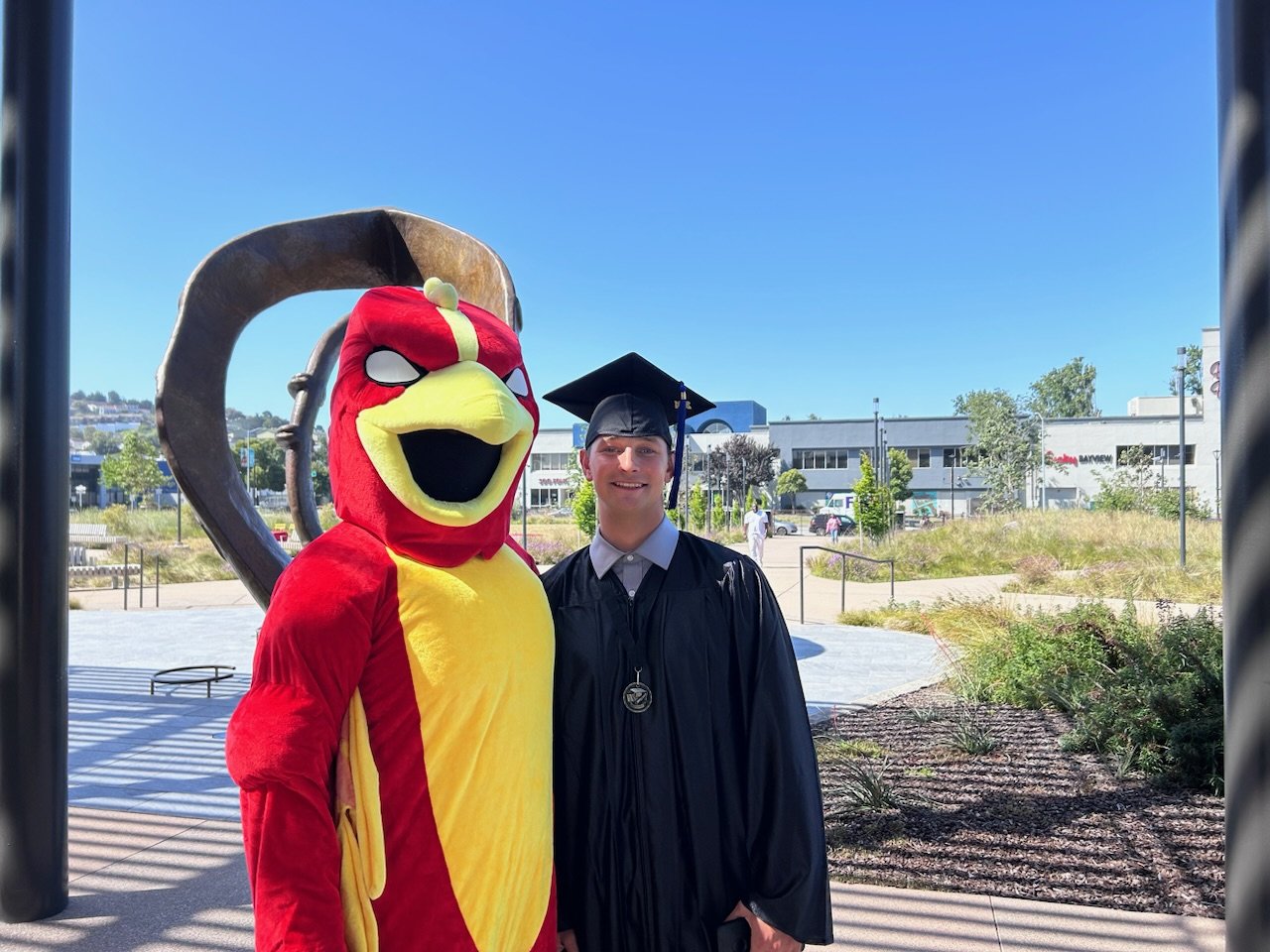Aaron Rose’s journey is one of full-circle transformation. Growing up in San Diego, the Navy veteran later found himself bouncing in and out of prison for years after returning from deployment in Afghanistan with a severe case of PTSD that led him down a dark path.
“I found myself in a dark place and reached an emotional and spiritual crisis that, looking back, inspired me to change my life around,” says Aaron, 54.
His path led him to Five Keys Schools and Programs—not just as a participant in their Transitional Employment and Reentry Program, but eventually as a leader shaping its future. Drawing from his lived experience, Aaron has dedicated his career to helping others reclaim their lives through meaningful work, education, and second chances.
As Program Manager at Five Keys’ Transitional Employment in San Diego, Aaron oversees job training, placement, and reentry support for underserved communities, including veterans, formerly incarcerated individuals, and youth in transition. The program is part of the Community Action Partners Alliance (CAP), a partnership across Southern California, of organizations that provide education, housing, drug treatment, expungement, job development and a myriad of resources that help returning citizens as they adjust back into the community.
In 2024, Aaron and the Five Keys’ team in San Diego were nominated “Veteran Business Resource Provider of the Year” award for their work with connecting veterans and justice-involved community members with vital resources, offering invaluable career advice, and providing essential emotional support to help them successfully transition back to civilian life through the Back2Work program.
Here Aaron in his own words shares how his leadership is rooted in empathy, purpose, and the belief that no one should be defined by their past. Aaron’s work is more than professional—it’s personal. His story is a testament to resilience and the power of purpose-driven service.
Paths of Purpose: A Memoir
By Aaron Rose
From the beginning, my life has been about transformation—both my own and that of the communities I’ve been blessed to serve. Growing up in San Diego, I always had a sense that purpose was tied to service, though it took time—and trial—to discover exactly what that looked like.
My professional journey has been rooted in a desire to create systems of support for people who have often been overlooked: justice-impacted individuals, youth in transition, and those navigating the rocky paths of recovery. The work wasn’t just a job—it was a calling.
When I stepped into the role of Program Manager at Five Keys Transitional Employment, I wasn’t stepping into a title—I was stepping into a mission. Managing job training and placement for underserved populations meant more than logistics; it meant being a steady hand for people trying to find footing. I led a team of over 70 staff, built systems for invoicing for monthly services, upheld safety with education and training and developed workshops that reached crowds of more than 100 participants at a time. But behind every statistic was a story—someone ready to rewrite their own.
My role evolved. I began consulting with San Diego County, advocating for alternatives to incarceration—because I believe no one should be defined by their worst mistake. We built programs that leaned into rehabilitation over punishment and emphasized the humanity in second chances.
Before management, I was on the front lines. As a Transitional Coordinator, I worked side by side with those walking through some of life’s darkest corridors. I administered employment coaching, soft skills, substance abuse education, and cognitive behavioral therapy workshops—tools that turned setbacks into setups for change.
In my earlier days as a Crew Supervisor for justice-involved youth, previously incarcerated adults, and veterans, I showed up daily with my boots and a heart full of intention. We assessed worksites, ran safety briefings, and took pride in what we were building—pride, dignity, and skills for a future reimagined.
Over the years, I’ve invested in sharpening my own tools: earning certifications in Peer Support, OSHA compliance, leadership and development training, substance use disorder training, and more. But my greatest lessons didn’t come from classrooms—they came from conversations. They came from hearing someone say, “No one ever believed in me before,” and realizing I had the chance to change that.
This memoir isn’t just a reflection—it’s a reminder. That leadership means listening. Those programs need passion as much as they need process. And that the most powerful transformations often begin with the quiet courage to try again.
This is my journey—a journey of building bridges, removing barriers, and believing fiercely in the possibility of change.

